Africa has the fastest growing school-age population in the world. It is estimated that within the next three decades, 1 billion African children will need to be educated. To keep up with the increase in the number of students in just the next 10 years, 69 million teachers are needed to provide every child with primary and secondary education. This onus comes with several other challenges facing the continent, such as poverty, conflict, and unemployment.
As the second largest in area and fourth most populated country in Africa, the Democratic Republic of the Congo (DRC) houses many out-of-school children. In 2012, DRC’s national study on children and adolescents outside of school counted 7.3 million Congolese children out of school. Additionally, 3 million people are internally displaced within the country because of ongoing conflict and violence. In 15 years, DRC is projected to have the second highest total number of people living in extreme poverty (that is, earning less than $1.25 per day).
Despite these negative trends, DRC is paradoxically both one of the poorest countries in the world, and one with enough natural resources and arable land to become one of the richest nations in Africa. What can enable the latter to happen is more efficient, strategic, and transparent management of DRC’s available resources.
In its most recent reform agenda, DRC identified education as one of the most important drivers in addressing the country’s resource management gap. In fact, DRC’s vision for reforming its education is “the construction of an inclusive and quality education system that contributes effectively to national development, the promotion of peace and active democratic citizenship” by equipping Congolese students with 21st century skills, such as creativity, critical thinking, problem-solving, and the ability to take initiative.
While DRC’s commitment to 21st century skills is promising, implementation has been a challenge. In a concerted effort to bridge the gap between policy and practice, DRC’s Ministry of Primary, Secondary, and Professional Education is working collaboratively with the Brookings Institution, through the Optimizing Assessment for All (OAA) initiative, to strengthen the country’s capacity to integrate 21st century skills into their teaching and learning, in order to better promote the goals of their education system. DRC is one of three countries in the Africa region, along with Gambia and Zambia, participating in OAA’s collaborative capacity-building approach to:
- Shift minds and practices around the use of classroom-based assessment to support learning for all;
- Shift perceptions on how assessment relates to the broader education structure—assessment is not something that is separate but rather an essential component of the teaching and learning process; and
- Develop methods for assessing 21st century skills in the classroom that are aligned with the country’s educational goals.
Given the complexities around assessment of 21st century skills, OAA’s capacity-building approach is based on a long-term partnership with the countries, rather than one-off workshops. In addition, OAA works through regional networks, such as the Teaching and Learning Educators’ Network for Transformation (TALENT) at the UNESCO regional office in Dakar, to provide opportunities for countries to collaborate with others in the region.
Within the OAA environment, teams from each country participate in a series of collaborative workshops over the course of a 15-month period, interspersed with in-country activities that apply what has been learned. In the past eight months, DRC has participated in three workshops to better understand 21st century skills—specifically collaboration and problem-solving—that are part of the national education goals. The workshops also build capacity around how teachers can assess these skills in the classroom.
Between these workshops, DRC has worked with teachers and school leaders in four schools in the capital city of Kinshasa. Various activities have helped deepen understanding around collaboration and problem-solving skills, including “think alouds” that prompt students to talk through their mental processes and reasoning as they complete a particular task. Teachers conducted these “think alouds” with their students to identify the skills and subskills being targeted by assessment tasks developed by the DRC team.
To learn more about “Think Alouds,” please see the below video from the OAA team, which was used during teacher workshop training sessions.
The DRC team is now preparing for piloting of the assessment tasks, which were revised through a weeklong review session with team members from DRC, The Gambia, and Zambia on July 15-19, 2019 in Dakar, Senegal. The actual piloting of the tasks will take place in grade six classrooms during September and October 2019. The pilot will examine whether the tasks can be implemented at a whole-class level and how well they can demonstrate students’ ability to collaborate and solve problems.
Reversing the effects of climate change, responding to increasing levels of global poverty, keeping up with the evolution of job markets, and resolving conflict all require a great sense of creativity, innovation, and strong collaboration and problem-solving skills. Hand in hand with literacy and numeracy, students around the world need to develop 21st century skills to take active and positive roles in solving local, regional, and global challenges that affect us all.
Throughout these different OAA workshops and activities, we are seeing a shift in how 21st century skills are understood and, most importantly, owned by our partners in DRC, Gambia, and Zambia. The processes of task development are themselves acting as learning opportunities not only for the curriculum and assessment experts in the countries, but even more importantly, for the teaching staff on the national teams and in the participating schools.
The Brookings Institution is committed to quality, independence, and impact.
We are supported by a diverse array of funders. In line with our values and policies, each Brookings publication represents the sole views of its author(s).

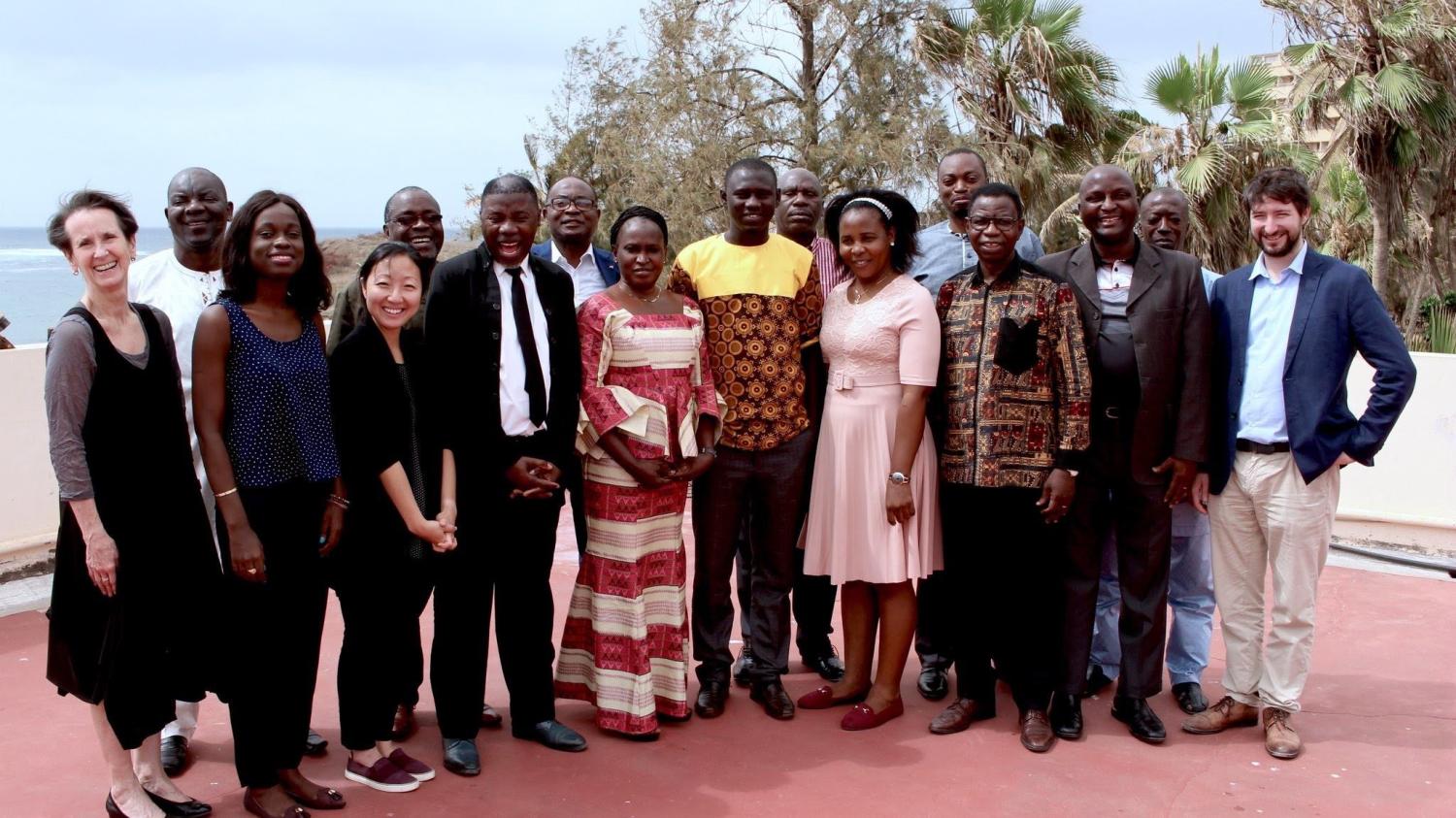
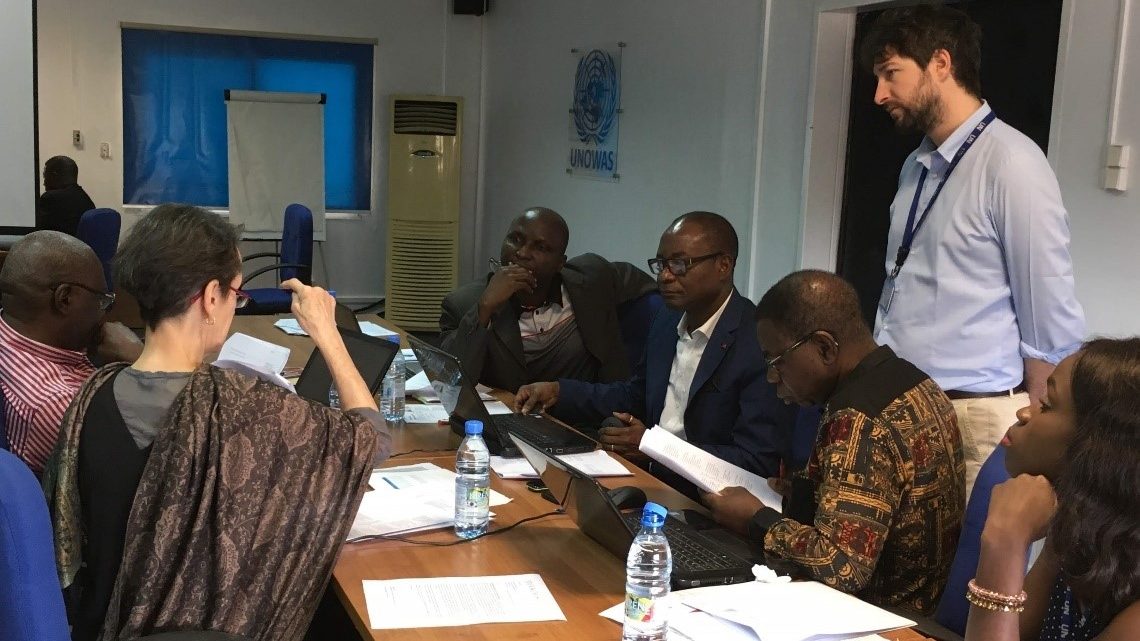
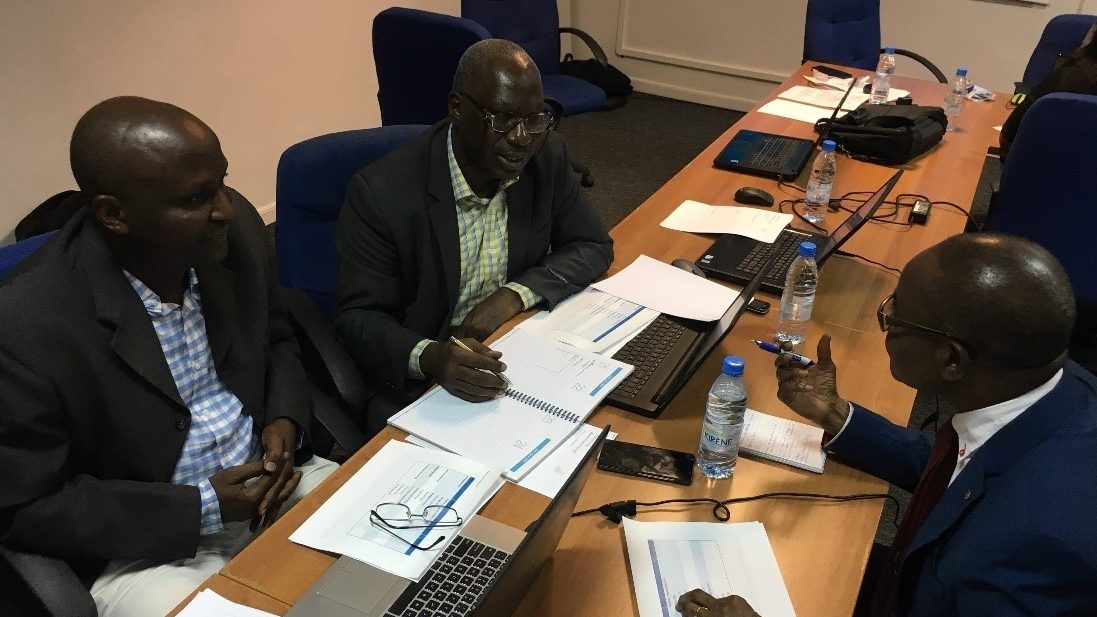
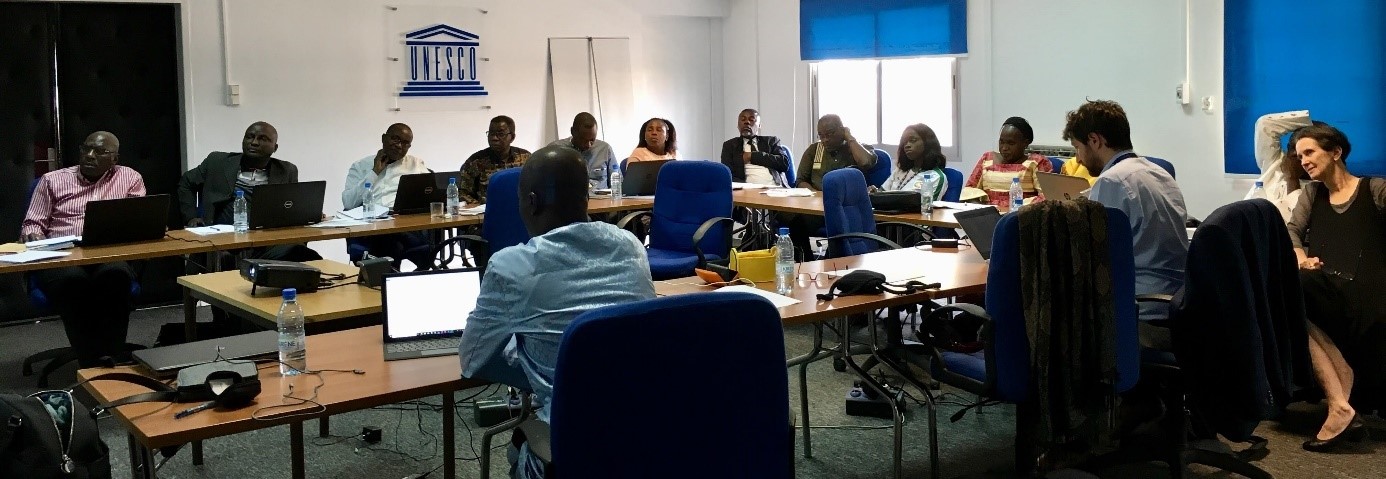
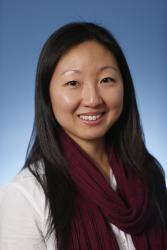
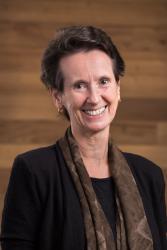


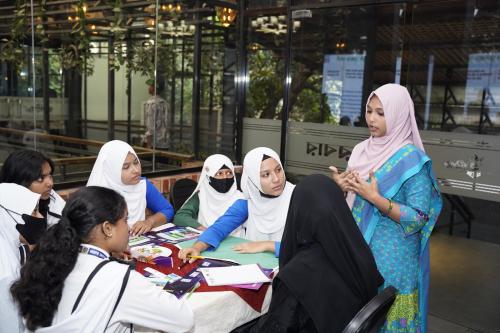
Commentary
Integrating 21st century skills in the classroom in the Democratic Republic of the Congo
August 14, 2019